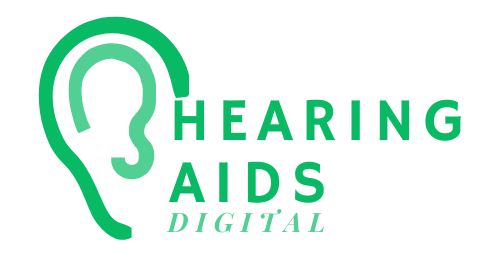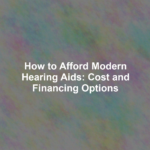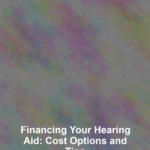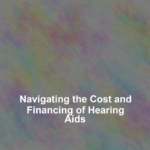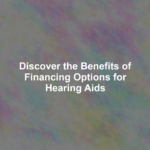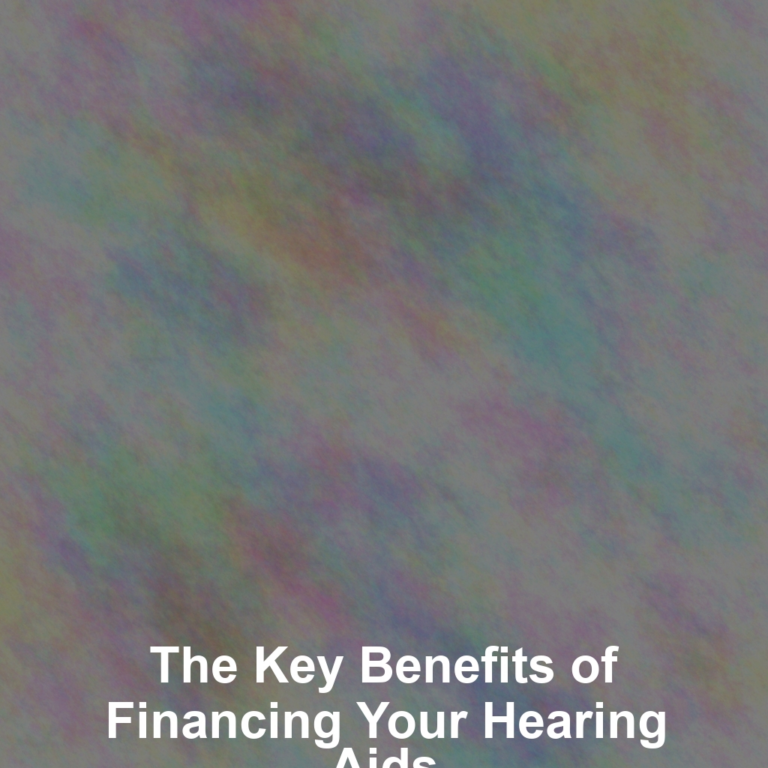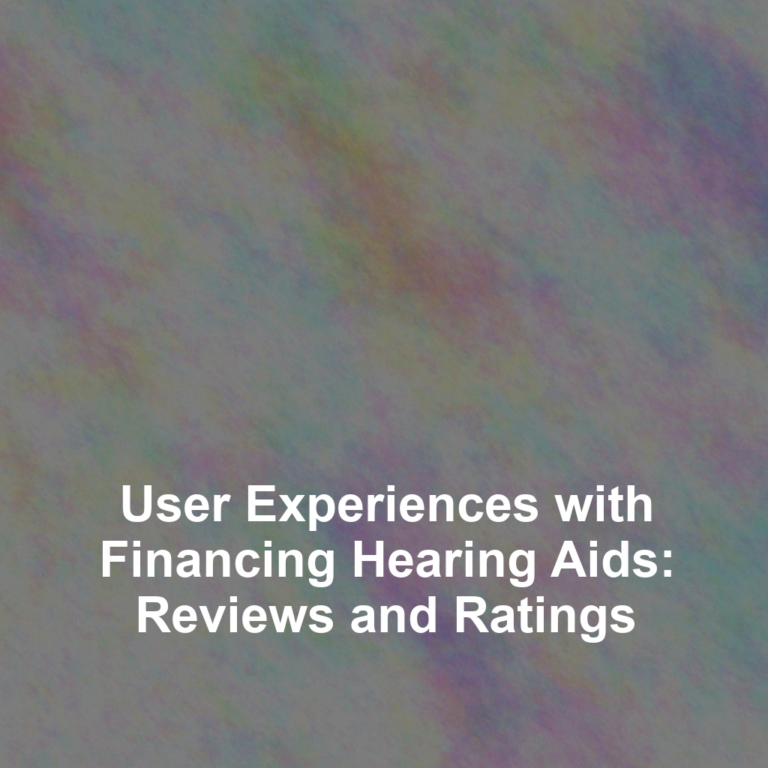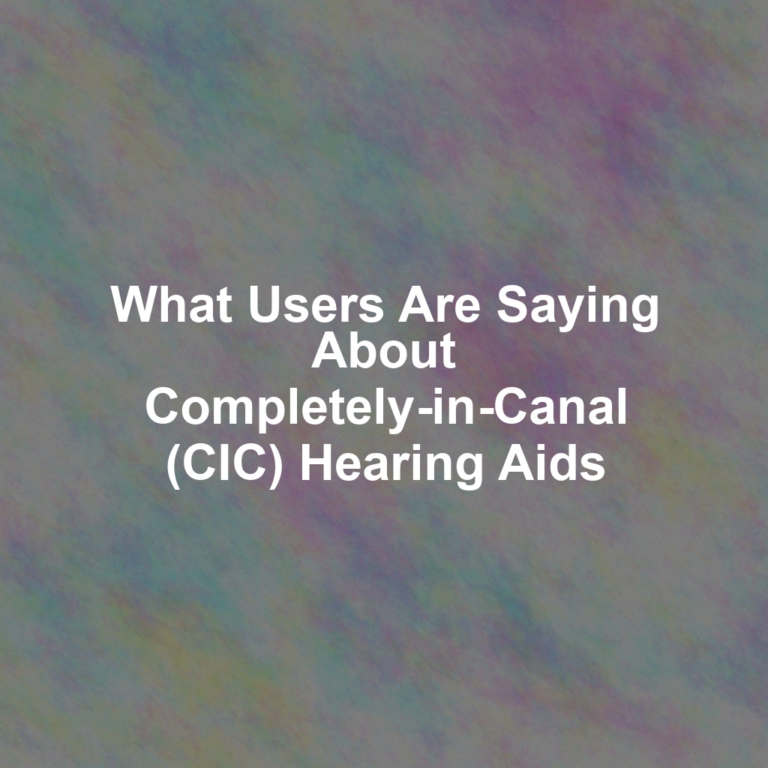YouG??d think that in a world where we can send a man to the moon, ensuring that everyone can hear the details of that story wouldnG??t come with a price tag rivaling a small spacecraft.
Yet, here you are, about to navigate the labyrinth of costs and financing options for hearing aids, arguably one of the less celebrated marvels of modern technology. While insurance coverage can be as clear as a muffled conversation in a crowded room, itG??s crucial you understand whatG??s on the tableG??after all, your ability to engage with the world shouldnG??t be a luxury.
As you weigh the balance between quality and affordability, youG??ll find thereG??s a spectrum of financing programs, subsidies, and even charitable organizations that might tip the scales in your favor. The question is not just how deep your pockets are, but how resourceful you can be in exploring the available assistanceG??letG??s uncover the hidden avenues that may lead to a world of clearer sounds.
The True Cost of Hearing Aids
Understanding the true cost of hearing aids is crucial, as prices can vary widely based on factors like technology level, brand, and where you purchase them. YouG??ll find that basic models can start as low as $1,000, while high-tech options may soar up to $4,000 or more per ear. Remember, youG??re not just paying for the device itself; youG??re investing in better hearing and, consequently, a better quality of life.
You might be tempted to go for the cheapest option, but consider what youG??re getting. High-end hearing aids often come with advanced features like Bluetooth connectivity, rechargeable batteries, and sophisticated noise reduction technologies. These features can make a significant difference in how well you hear in different environments.
Also, donG??t forget about the aftercare services. Fitting, routine adjustments, and maintenance can add to the cost. Some retailers include these services in their pricing, while others charge extra.
Before you make a decision, do your homework. Check out various brands, visit multiple hearing care professionals, and read up on the latest technology. ItG??s your hearing on the line, so youG??ll want to make sure youG??re getting the best value for your money. Consider your lifestyle, your hearing needs, and your budget to find the perfect balance.
Insurance Coverage Explained
Many people donG??t realize that their health insurance policy might cover some of the cost of hearing aids. However, the extent of coverage varies significantly between insurance plans. YouG??ll need to check your policy details or contact your insurance provider to understand whatG??s included.
Typically, Medicare doesnG??t cover hearing aids, but some Medicare Advantage Plans offer additional benefits that may include hearing devices. If youG??re under 65, private insurance policies may offer partial or full coverage for hearing aids, but itG??s not a guarantee. ItG??s essential to review your planG??s summary of benefits or speak directly with an insurance agent to clarify the specifics.
If you find that your insurance offers some coverage, youG??ll likely need to follow a specific process to take advantage of it. This could involve visiting an approved audiologist, obtaining a prescription, and purchasing your hearing aids from a contracted provider. Be sure to inquire about any deductibles, copayments, or limits on the number of devices or total expenditure covered.
For those without insurance coverage, state vocational rehabilitation programs may offer assistance for qualifying individuals. Additionally, various financing options and non-profit organizations can help mitigate the costs. DonG??t hesitate to explore these avenues to ensure you get the support you need.
Hearing Aid Financing Programs
How can you finance your hearing aids if insurance doesnG??t cover the costs? DonG??t worry; there are several options available to help you manage this investment in your hearing health. LetG??s explore some of the most common financing programs:
-
Offered by audiologists or hearing aid providers
-
Can include no-interest or low-interest options
-
May require credit approval
-
Credit Cards Specialized for Medical Expenses
-
Examples include CareCredit or HealthiPlan
-
Often provide promotional periods with deferred interest
-
Allow for manageable monthly payments
These programs can make the cost of hearing aids more manageable by spreading it out over time. ItG??s important you understand the terms and conditions, such as the length of the financing period and the interest rates after any promotional period ends. Some may offer better terms than others, so itG??s worth shopping around and comparing your options. Remember, investing in a good pair of hearing aids can significantly improve your quality of life, and finding the right financing option can make this crucial health device more accessible.
Subsidies and Tax Incentives
In addition to financing plans, you may also qualify for subsidies or tax incentives that can significantly reduce the cost of your hearing aids. Governments and nonprofit organizations often recognize the financial burden hearing loss can impose, so they offer various forms of assistance.
Firstly, check if your state offers a subsidy program for residents with hearing impairments. These programs can partially or fully cover the cost of hearing aids and related services. YouG??ll usually need to meet certain eligibility criteria, such as income level or age, to qualify.
Next, explore tax incentives. In the U.S., you might be able to deduct the cost of hearing aids and maintenance from your federal income taxes as a medical expense. To take advantage of this, your total medical expenses must exceed a certain percentage of your adjusted gross income. Keep detailed receipts and speak with a tax professional to ensure youG??re maximizing your benefits.
DonG??t overlook charitable organizations either. Some groups provide financial assistance or discounted hearing aids to those in need. Reach out to local and national hearing health charities to find out what programs are available to you.
Charitable Organizations Assistance
If youG??re struggling to afford hearing aids, seeking out charitable organizations might be a viable solution, as they offer various forms of assistance to those in need. These organizations understand the financial burden that hearing loss can impose and are dedicated to providing support. HereG??s how they can help:
-
Grants or subsidies that cover part or the full cost of hearing aids
-
Flexible payment plans tailored to your financial situation
-
Donated Devices
-
Gently used hearing aids refurbished to meet your needs
-
Programs that collect and redistribute hearing aids to those who canG??t afford new ones
To tap into these resources, youG??ll need to do some research and likely fill out applications detailing your financial status. DonG??t let the process discourage youG??help is often just an application away. Charitable organizations may have specific criteria you must meet to qualify, but theyG??re generally focused on helping as many people as possible.
Conclusion
YouG??ve now navigated the financial landscape of hearing aids, from uncovering their true cost to exploring insurance, financing options, subsidies, and charity aid.
DonG??t let the price tag scare you off; with the right knowledge, you can find a solution that wonG??t break the bank. Remember, investing in your hearing is investing in your quality of life.
Take advantage of the support available to you and make hearing health a priority.
